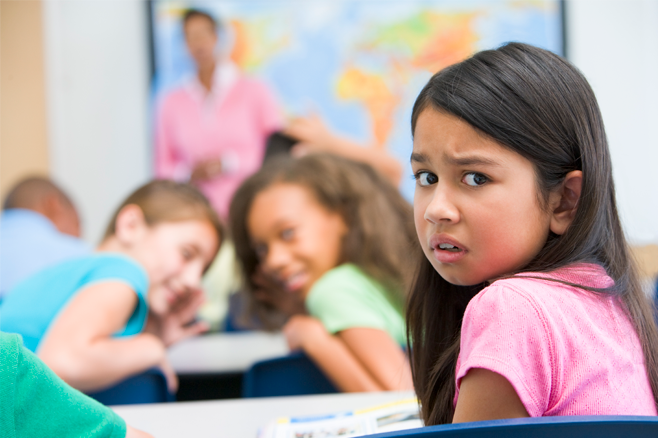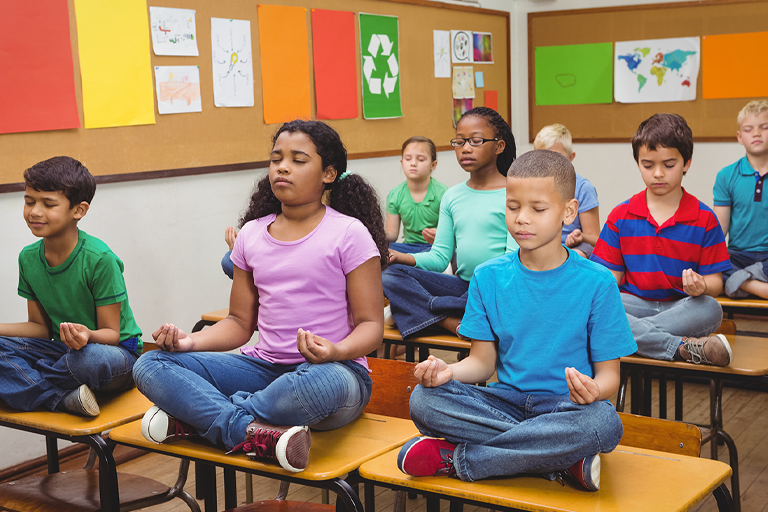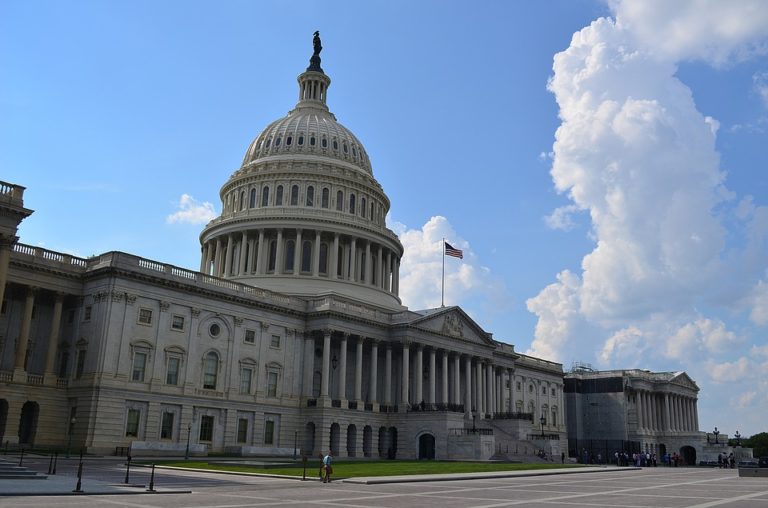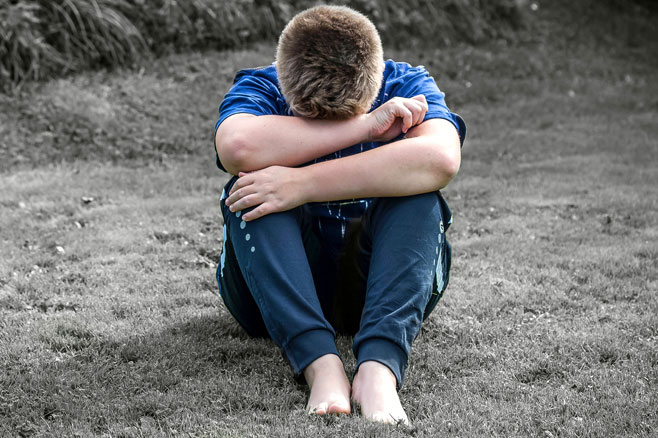Intentional Connection Over the Holiday Break
We are quickly approaching the final days of instruction for many before schools close for holiday breaks. A lot of teachers and students are looking forward to a couple weeks of rest, relaxation, and some fun. However, breaks from school for some students bring stress. This is because when school is not in session students lack opportunities to interact with caring adults and peers, and have little or no consistency to help structure their days. This is difficult, especially for traumatized children who thrive when they experience predictability and connection.
Why are the holidays hard on mental health?
The holidays can be a hard on anyone’s mental health. In fact, according to the American Psychological Association, 9 in 10 adults struggle with this time of year including a 41% increase in stress reported compared to other times of the year. When adults express their stress and anxiety, kids notice. While traditional “holiday stress” can include financial concerns, busy schedules, or thoughts of loved ones, this collective stress can also find it’s way into our school climate as well.
Common concerns for students around the holidays
In between the fun of class parties, the scramble to wrap up projects, and teaching the importance of generosity during this season are several underlying concerns for our most vulnerable kids:
- Fears of Routine Change: For some students, the structured environment of school provides a sense of security and predictability. The holiday break disrupts this routine, leading to anxiety and uncertainty. This is particularly challenging for students who thrive on the regular schedule of school days–the sudden lack of structure can be disorienting and stressful.
- Domestic Situations: Unfortunately, not all home environments are conducive to relaxation and safety. For students facing challenging domestic situations, school is often an escape and a place of support. The holiday break can mean an extended period in an environment where they may feel unsafe or unsupported, exacerbating feelings of anxiety and isolation.
- Financial Concerns: The holiday season often brings additional financial pressures, which can be acutely felt by students from economically disadvantaged backgrounds. The lack of access to school meals and the expectations of the holiday season can add to the stress, making them worry about basic necessities and the inability to participate in holiday activities that might require financial expenditure.
Support Mental Health over the Holidays
The holidays are a time of year where the felt effects of connection are incredibly important. It’s also a time where we all should find the opportunity to reset.
For those teachers and students who enjoy breaks – relish in every moment!
- Get outside on sunny and warm(er) days
- Connect with family and friends outside or virtually
- Take a nap
- Read a book
- Catch up on movies and shows
For those who need consistency and connection, educators might try one of two of the following strategies
- Schedule email messages to be sent a few times over break to students who benefit from interactions
- Invite students to a “challenge” where they write down one thing every day that made them feel happy – tell them you will check in with them after the break for a full report.
- Take some time in class this week to create a sample “holiday break” schedule for students where they identify two or three things they will do each day (e.g., play outside, read for 15 minutes, connect with a friend).
- Remind them that even when you do not see them in class or virtually, you are thinking about them and will be excited to see them when you both return from the break.







